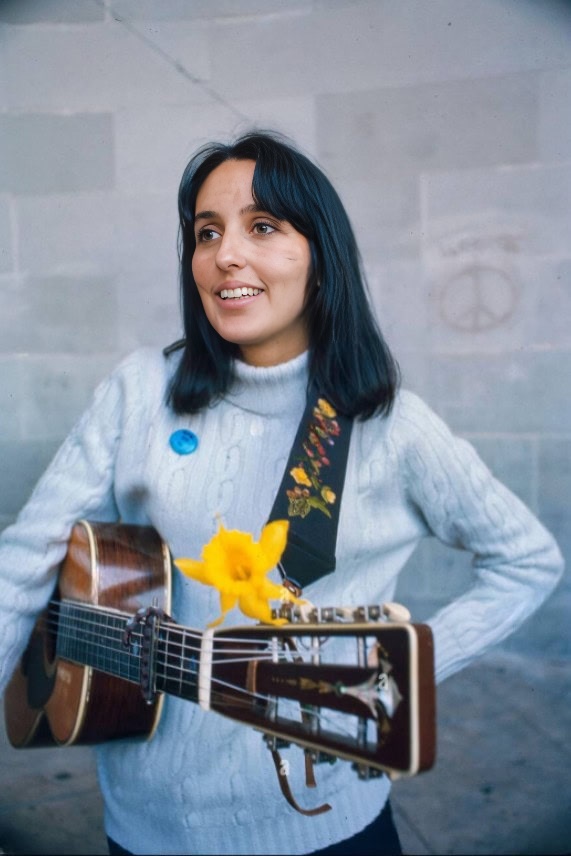
“The Night They Drove Old Dixie Down,” a 1971 rendition by Joan Baez, is far more than just a song; it’s a cultural touchstone steeped in historical weight and emotion. Baez, a legendary figure in folk music and activism, lent her iconic soprano voice to this already poignant narrative, catapulting it to chart success and cementing its place in music history. Known for her unwavering commitment to social justice and her distinctive vocal style, Baez has used her platform to advocate for peace, equality, and human rights for decades. Her discography, filled with protest songs and folk ballads, showcases her profound influence on the American music landscape. While the original song was written and performed by The Band, Baez’s interpretation resonated deeply with audiences, reaching number 3 on the Billboard Hot 100 and achieving gold status.
The song tells the story of Virgil Caine, a poor white farmer from the South, and his experiences during the final days of the American Civil War. Through his eyes, we witness the devastation and hardship wrought by the conflict, not just on the battlefield, but on the very fabric of Southern society. It’s a tale of loss, defeat, and the enduring spirit of a people grappling with profound change.
The song’s meaning has been debated and interpreted in various ways, with some seeing it as a lament for the lost Confederacy, while others view it as a broader commentary on the human cost of war and the enduring pain of historical trauma. Regardless of interpretation, Baez’s powerful vocal performance and the song’s evocative lyrics deeply resonated with audiences, sparking conversations and prompting reflection on the complexities of American history and identity. While some criticized the song’s perceived romanticization of the Confederacy, the overall response was overwhelmingly positive, praising Baez’s emotional delivery and the song’s ability to humanize a difficult chapter in American history. It remains a powerful and controversial piece, showcasing Baez’s ability to transform a song into a powerful cultural statement.